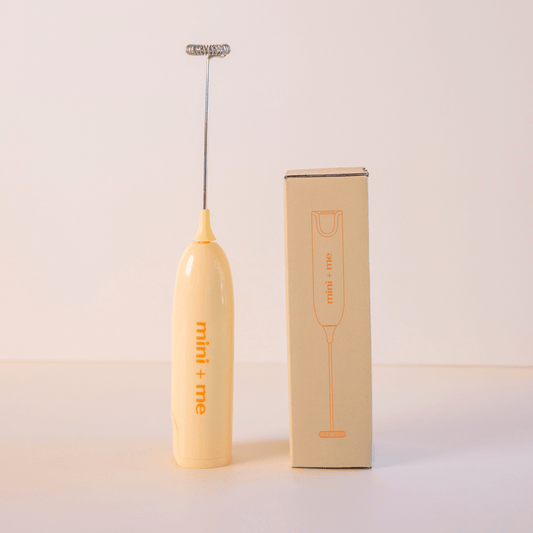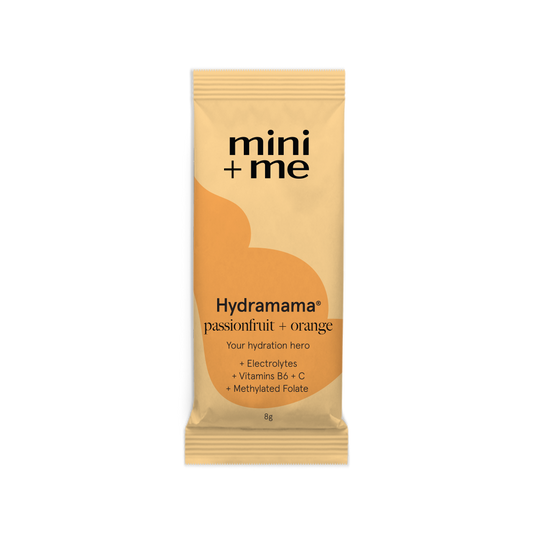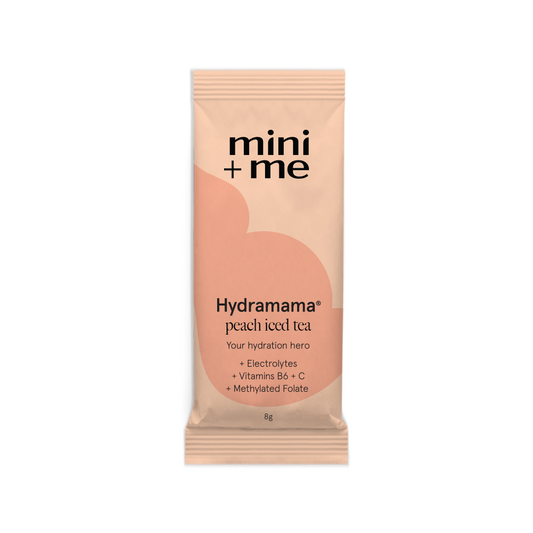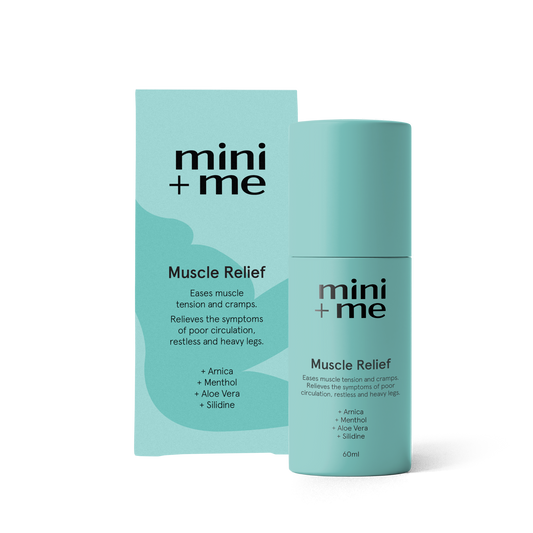First Trimester Checklist (Weeks 1–12)
Your body is already working overtime, even if you haven’t shared the news widely yet. Nausea, fatigue, emotional shifts, and big decisions are all part of this early phase. Take it step by step, and know that support is available.
Choose Your Maternity Care Early
• See your GP to confirm pregnancy (blood test, dating scan referral, and early health checks including early GTT/diabetes testing if you have risk factors for gestational diabetes).
• Explore all your options for maternity care based on your desired birth experience: public hospital, Midwifery Group Practice (MGP)/continuity of care, private obstetrician, private midwife, GP shared care, or birth centre.
• If you’re considering a private midwife (including home birth), contact one early as they often book out quickly.
• If you’d like additional emotional or physical support, consider onboarding a doula as they work alongside your medical team to provide non-medical support for your birth experience.
• Ask your GP for the right referral letters based on the model of care you choose.
Book Your First Appointments
• Book your first antenatal visit with a midwife – the timing of this appointment can vary depending on where you’re receiving care. What matters most is that your pregnancy is being monitored by a GP or midwife in the meantime.
• Book your dating scan (aim to do this around 7 – 9 weeks if unsure of dates).
• Book your first trimester screening (blood test and nuchal translucency ultrasound around 11–13 weeks if you choose to do this).
• If you are considering NIPT (Non-Invasive Prenatal Testing), ask about timing and costs (usually privately billed).
Health, Nutrition & Lifestyle
• Start a pregnancy supplement with at least 500mcg folic acid and 150mcg iodine.
• Make sure you’re including enough iron-rich and calcium-rich foods in your diet. Your care provider can help guide you if you’re unsure. And if you have any underlying health concerns or just want more personalised advice, there’s never any harm in checking in with a registered dietitian.
• Avoid alcohol, smoking, and limit your caffeine intake. Ask your GP for help quitting if needed.
• If you’re feeling very unwell (vomiting, can’t eat or drink), speak up early, it may be Hyperemesis Gravidarum, which needs treatment and support.
Support, Rights & Emotional Wellbeing
• Reach out to trusted loved ones (only when you’re ready) for emotional support.
• Start learning about your workplace pregnancy rights. Fair Work Australia and Services Australia are good places to start.
• If you’re anxious, overwhelmed, or not feeling yourself, talk to your GP or midwife about perinatal mental health supports.
• Consider joining a local pregnancy group or online community to connect with others at the same stage.
Second Trimester Checklist (Weeks 13 – 27)
With energy often returning and your belly starting to bloom, this trimester is a great time to focus on planning, learning and preparing. It’s also when many key scans and classes take place.
Key Medical Appointments
• Continue regular antenatal visits with your chosen provider.
• Book your 18 – 20 week morphology scan to check baby’s growth and development. If you have not done the NIPT blood test, this is where you can find out the sex of your baby.
• If you’re Rh negative, talk to your provider about their policies and offer for anti-D injections.
• Ask about your Glucose Tolerance Test (GTT) for gestational diabetes. It's usually scheduled between 26–28 weeks.
Birth & Feeding Preparation
• Book your antenatal classes. Some hospitals offer free or low-cost options; you can also explore private birth and breastfeeding education.
• If not already connected, consider booking a birth planning session with your private midwife or doula.
• Begin thinking about your birth preferences and support team.
• Learn about infant feeding (breast, formula, or mixed) an antenatal consultation with a lactation consultant (IBCLC) can set you up for success.
Getting Ready at Home
• Plan your baby essentials list (start with the basics: nappies, clothes, car seat, safe sleep space).
• Research and budget for parental leave. Check Services Australia for Paid Parental Leave and Family Tax Benefits.
• Consider any big purchases now to spread out costs (pram, cot, carrier).
Third Trimester Checklist (Weeks 28 – 40+)
Your baby is getting bigger, and your care visits are more frequent. The final stretch is about getting everything in place for birth and recovery, physically, emotionally and practically.
Care & Birth Planning
• Continue fortnightly (then weekly) antenatal visits from 28 weeks.
• Get your pertussis (whooping cough) vaccination between 28 – 32 weeks.
• Complete your Glucose Tolerance Test, if not done already.
• Ask about Group B Strep (GBS) swab, usually around 36 weeks.
• Finalise your birth plan/preferences and share them with your midwife, doula or care team.
• Confirm your support person(s) and who will be with you during labour.
Pack, Prep & Organise
• Pack your hospital or birth centre bag. Include your maternity pads, comfortable clothing, baby clothes, snacks, and charger.
• Wash baby’s clothes, wraps and bedding using a gentle detergent.
• Install your car seat or capsule. It must be properly fitted before your baby arrives.
• Prepare a safe sleep space at home (cot or bassinet meeting Australian safety standards).
• Stock up on essentials for the early days: pads, nappies, freezer meals, and easy snacks.
Plan for Postpartum
• Make a postnatal care plan: who can help with meals, laundry, or emotional support?
• Know where to go for breastfeeding support, such as an IBCLC, community health nurse or local drop-in clinics.
• Learn how to recognise signs of early labour, and ask your provider when to call or head to the hospital.
• Review newborn care basics: feeding cues, nappy changes, safe sleep and when to seek help.
After Birth To-Dos
It’s helpful to prepare these now, sleep-deprived you will thank you later!
• Register your baby’s birth with Births, Deaths & Marriages (state-based).
• Apply for your baby’s Medicare card.
• Link to Centrelink via MyGov to claim any parental leave or family assistance.
• Book your postnatal check-up (usually around 6 weeks). This typically includes a visit with your GP to check on both you and baby, and it’s also a great time to see a women’s health physiotherapist for a pelvic floor and core recovery review.
No pregnancy journey is the same and that’s perfectly okay. Whether you’re feeling on top of things or completely overwhelmed, remember: there’s no such thing as a perfect checklist. Use this as a guide, go at your own pace, and surround yourself with people who lift you up.
Cart is Empty
Your Cart is Empty
- Choosing a selection results in a full page refresh.
- Opens in a new window.










